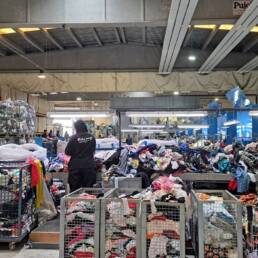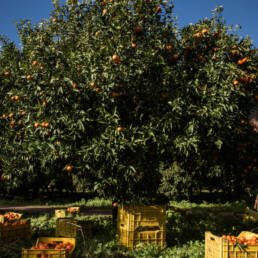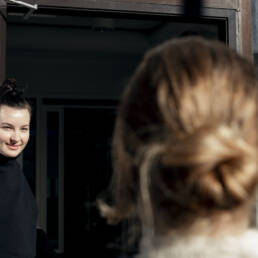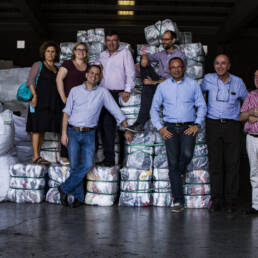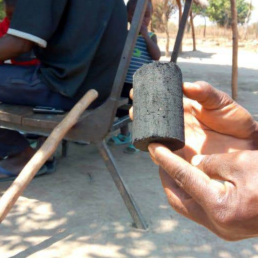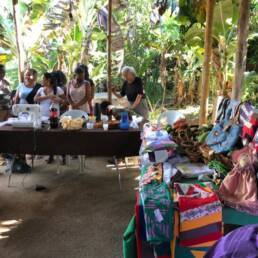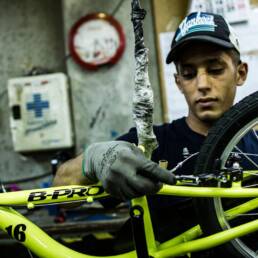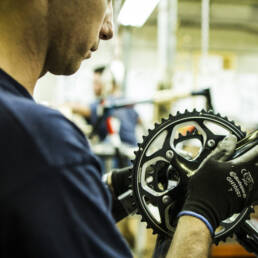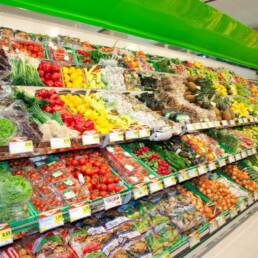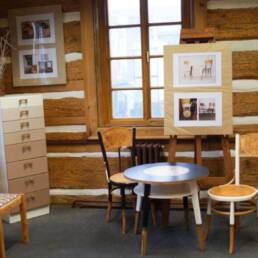Author
Stamatios Vlachos
Social Economy National Coordinator
Caritas Hellas
Eight Caritas organisations in south and east European countries joined efforts in the Elba project to create more than 90 social enterprises. Co-funded by the EU Programme Erasmus+, Elba gave hope to many people in vulnerable situations, including young people.
Finding creative ways to fight poverty and social exclusion among young people in southern and eastern Europe was not a top priority for governments and policymakers at the time, but it was for us.
When we started our project in March 2015, we were in a different world. A world without a war in the heart of Europe and without such high inflation, but still, it was a tough one. The youth unemployment rate reached 40% in many countries, including mine, Greece.
I could not bear the depressing idea that this sad reality was unchangeable. Soon, I realised that many colleagues in other Caritas organisations were like me working on possible solutions.
This is how we started the Elba (Developing Social Economy in Southeast Europe) project, which gave professional training to young people to start their own social economy enterprises in eight countries: Albania, Bosnia and Herzegovina, Bulgaria, Greece, Kosovo, Montenegro, North Macedonia and Serbia.
For Caritas Hellas, there is no single concept of social economy since there is a diverse range of social economy organisations, but what these organisations have in common is their social inclusion and sustainability mission. This is how we created our start-up Sustainable Economy through which we have supported more than 90 social enterprises in eight countries.
One example is the “Script Berane” print shop in Montenegro. A print shop unlike any other. In this special place, a team of young people and people with different disabilities are able to provide digital printing, copying, scanning, transfers on t-shirts and promotional material design.
In Herceg Novi, a beautiful town on the seaside, in Montenegro, the “New Chance” recycling paper centre supports many persons with mental and physical disabilities by providing training and employment.
To learn from the different experiences in the different countries, Caritas Hellas organised a youth exchange programme as part of the Elba project, called ‘Think Business’, to explain the basics of social economy and how to manage a social enterprise in a responsible, sustainable and ethical way.
The programme gathered 45 young participants from eight countries last September on Tinos Island in Greece.
The island has become an iconic point of reference for social economy in the Caritas Hellas network. The reason behind this is the Serviam Café, a social economy initiative developed by Caritas Naxos-Tinos with the support of Caritas Hellas. The café offers a peaceful space for people of all ages, where cultural heritage, social diversity and the natural environment are fully respected.
The experiences shared by the participants during the youth exchange evaluation were really helpful and food for thought for the future.
It was a very nice experience, I learned a lot, and I hope that such programmes will be able to continue in the future, and that I will have the chance to participate again.
A 22-year-old partecipant, from Albania
For the Elba project family, the last eight years have strengthened relationships across the Balkan region, increased knowledge about the social economy, developed sustainable social enterprises, and empowered people living in vulnerable situations. This has been our priority and we hope that we will be able to continue promoting social entrepreneurship in the future.
To find out more, visit the Employ Yourself Facebook page.














